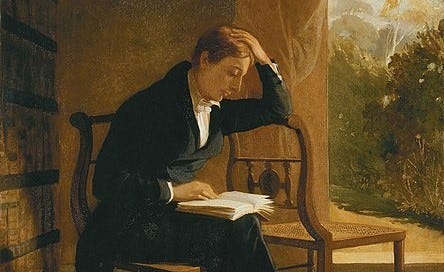People say, “We are the best educated generation in the history of the world!” Well, we certainly are the most indebted to colleges and universities. I don’t mean that we owe them a lot of gratitude for opening up to us the life of the mind, and the best that has been thought and written and wrought and done. They’re not much in that cultural and human …
Keep reading with a 7-day free trial
Subscribe to Word & Song by Anthony Esolen to keep reading this post and get 7 days of free access to the full post archives.



